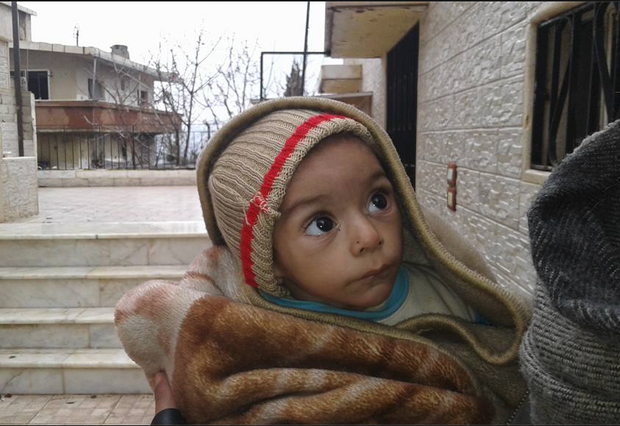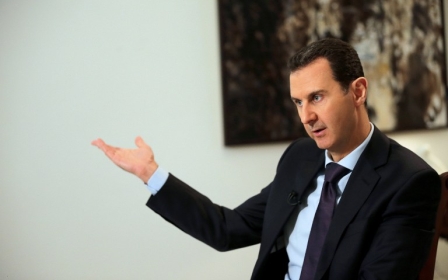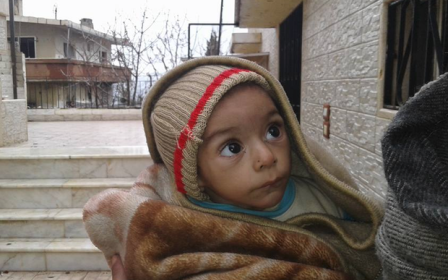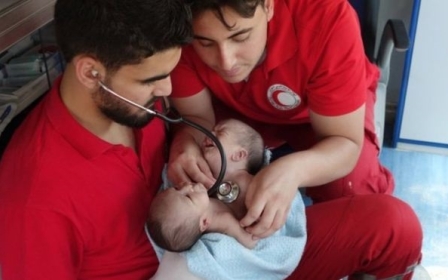Syria aid coalition suspends UN cooperation over Assad links
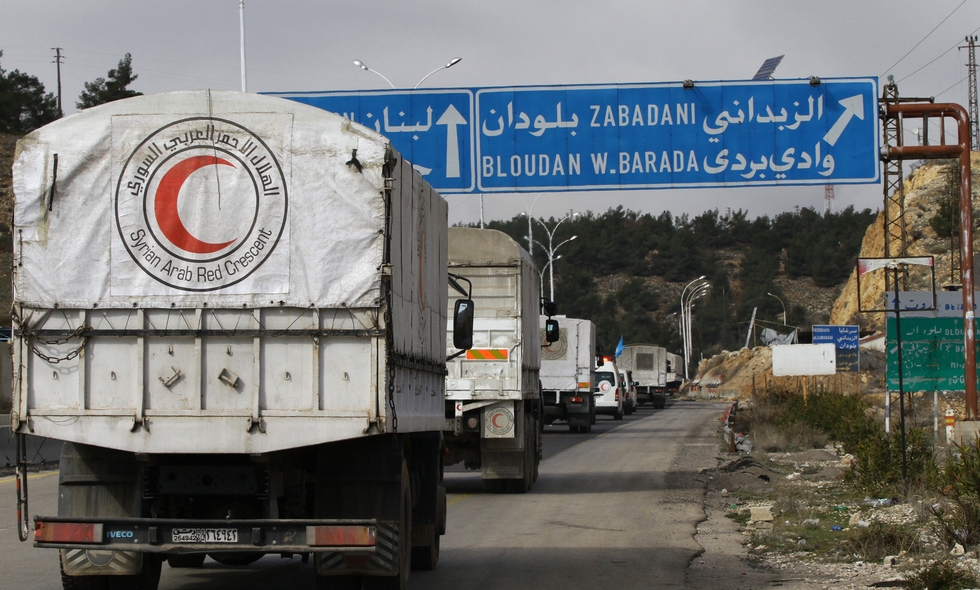
A coalition of aid groups suspended its cooperation with the UN on Thursday after claims of “deliberate manipulation” by the Syrian government over how UN agencies conduct their relief efforts in Syria.
More than 70 humanitarian aid groups signed a joint letter after a string of investigations accused the UN of downplaying the humanitarian crisis unfolding in Syria and the scale of influence Damascus had over the agency's operations in Syria.
Notable signatories of the open letter addressed to the UN include the Syrian American Medical Society (SAMs) and the Syrian Civil Defence Force, otherwise known as the White Helmets, which is composed of volunteers who act as first responders at sites that have been targeted by military activity.
Both organisations have been subject to continuous aerial bombardment, reportedly by the Syrian government and the Russian air force, resulting in the deaths of many of its volunteers.
Signatories to the open letter also told the UN that they intend to withdraw fully from the “Syria information-sharing mechanism,” the UN’s information sharing platform, in protest at the Syrian government’s “political influence” over aid delivery in Syria.
The five-page letter to the UN also claimed that the Syrian government's “significant and substantial” influence over UN aid agencies has caused dire civilian suffering in parts of Syria.
It cited the deaths of Moaz and Nawras, two conjoined twins who died while waiting to be evacuated from Damascus, as an example of how the Syrian government’s influence over the UN had exacerbated the continuing suffering of the Syrian people.
The president of SAMs, the medical organisation that led a campaign to evacuate the two twins, told Middle East Eye that ongoing pressure from the Syrian government had “stained the reputation" of the UN in Syria.
Speaking exclusively to MEE, Ahmad Tarakji said: “UN cooperation with the Syrian government deviated from the task of the UN agencies in Syria, which is to remain independent in providing humanitarian relief in Syria.
“Being independent means delivering aid to everybody in need regardless of who needs it,” said Tarakji.
Reference to 'sieges' removed from UN reports
Last week the Guardian revealed that contracts worth tens of millions of dollars were awarded by the UN to figures closely associated with Syrian President Bashar al-Assad. These included contracts awarded to businessmen whose companies are subject to US and EU sanctions.
A report commissioned by the Syria Campaign earlier this year accused the UN’s aid operation in Syria of prolonging the conflict.
In its damning report, the campaign group claimed that "by choosing to prioritise cooperation with the Syrian government at all costs, the UN has enabled the distribution of international aid to be directed by one side of the conflict”.
The group claim this has led to "the deaths of thousands of civilians, either through starvation, malnutrition-related illness or lack of access to medical aid".
Earlier this year, MEE revealed that the UN agency responsible for monitoring and delivering aid to besieged parts of Syria had agreed to remove the words “siege” and “besiege” from a fundraising document, at the request of the Syrian government.
The words "besieged" and "siege" were replaced with "locations listed in UNSCR 2139, 2165, 2191," referring to UN Security Council resolutions that have given aid agencies access to besieged areas without the Syrian government's approval.
Employees in the Damascus office of the UN Office for Coordination of Humanitarian Affairs (OCHA) published the report with the government’s changes, without clearance from OCHA’s offices in Turkey and Jordan, according to a leaked email seen by MEE.
Responding to questions about the removal of references to sieges, OCHA spokesperson said at the time that “the humanitarian response plan in Syria, like in any other country, is done in consultation with the authorities.
“This is normal practice.”
Revelations about the edits came as the UN's secretary general called the use of starvation, particularly in the town of Madaya, “a war crime”.
“Let me be clear,” Ban Ki Moon said in January of this year. “The use of starvation as a weapon of war is a war crime.”
OCHA puts the current number of Syrians besieged at 393,700. According to Siege Watch, a monitoring network, that figure stands at more than a million, while Doctors Without Borders (MSF) says the figure is close to two million.
New MEE newsletter: Jerusalem Dispatch
Sign up to get the latest insights and analysis on Israel-Palestine, alongside Turkey Unpacked and other MEE newsletters
Middle East Eye delivers independent and unrivalled coverage and analysis of the Middle East, North Africa and beyond. To learn more about republishing this content and the associated fees, please fill out this form. More about MEE can be found here.


